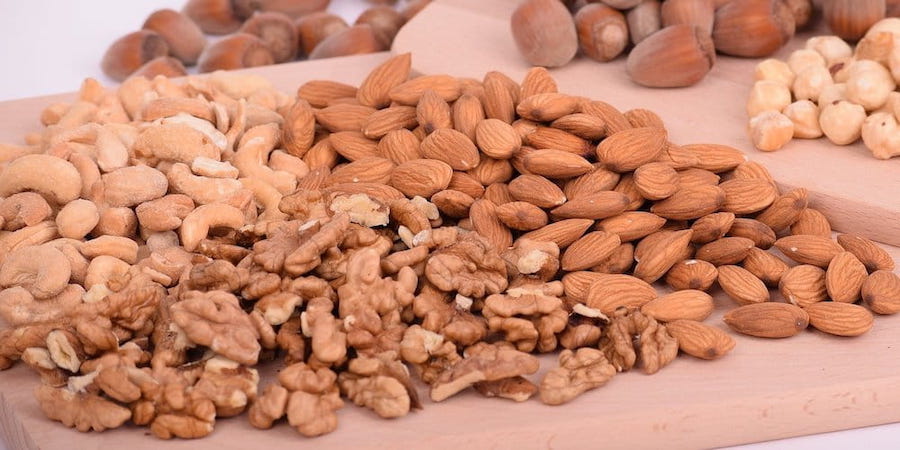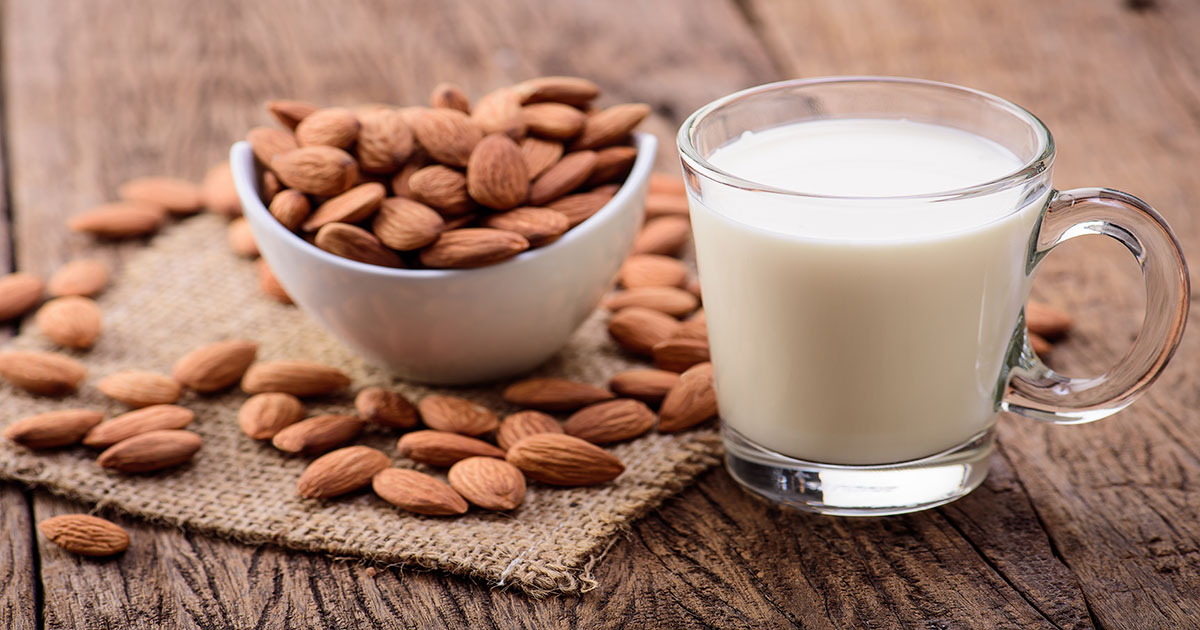Graeme M
Forum Legend
I should do some reading into this issue. My understanding is that many crops are pollinated by honey bees. They don't *need* to be, but I think the existence of the bee industry makes pollination more reliable, because many farms are large scale operations that need consistent processes and outcomes. Interestingly many broadacre crops do not need insects for pollination, so I think the kinds of crops that need to be planted to replace meat and dairy do not need honey bees. Clearly, it isn't vegans that cause most of the use of bees, especially when many vegans do not eat honey.How do you feel that about the fact that wild bees do most of crop pollination. I didn't know this. Is it true. I read like 2 percent of bees do 80 percent of pollination. Is this good for our argument
This is the same thing as most crops that are grown - the vast majority are grown for the vast majority and not vegans. This means that harms to insects via pest management and/or bee use are shared equally on a person-by-person basis with vegans and non-vegans for those kinds of foods (ie the fruits, vegetables etc). The difference is that vegans then eat plants rather than meat and dairy, so the question could be asked, are more insects harmed to eat these plants compared to eating the meat and dairy. By and large, I'd say absolutely not. The average non-vegan doesn't care about trying to reduce the harm their choices cause.






